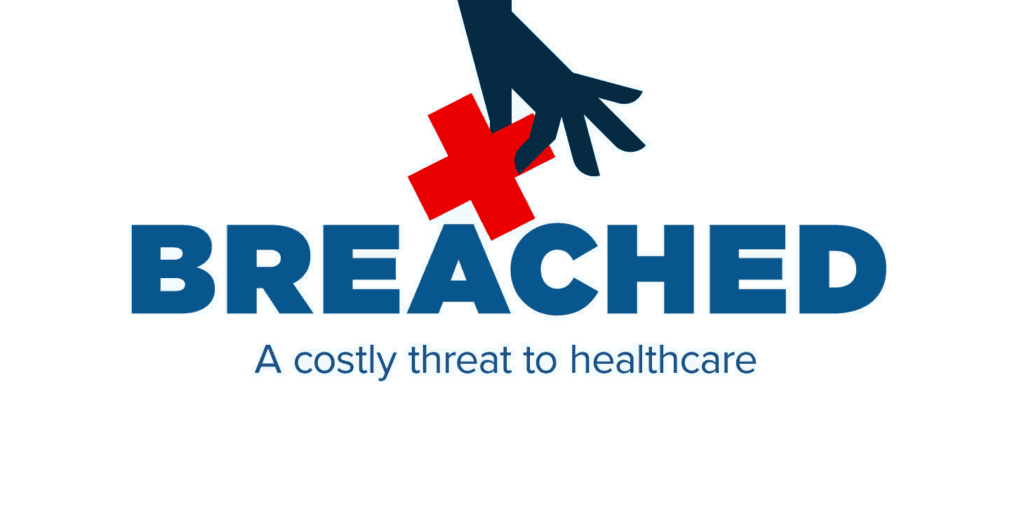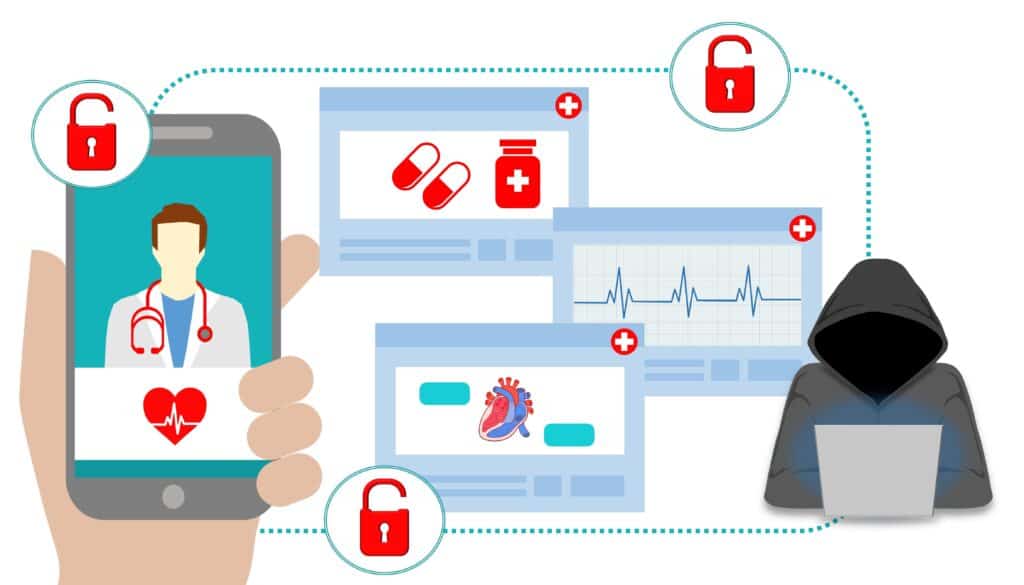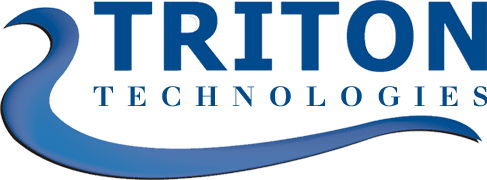
Understanding the Impact of Healthcare Breaches: A Deep Dive into Recent Incidents and Their Implications
In today’s digital age, the healthcare sector has become a prime target for cyberattacks. The increasing digitization of patient records and the inherent value of personal health information make healthcare organizations attractive to cybercriminals. Understanding the profound impact of these breaches is essential for both healthcare providers and patients.
The Growing Threat Landscape
Recent years have witnessed a significant surge in healthcare data breaches. In 2023 alone, over 725 large healthcare data breaches were reported, affecting more than 133 million individuals. This marked a 156% increase from the previous year, setting a new and concerning record for the industry. HIPAA Journal
Case Studies: Notable Healthcare Breaches
MediSecure Data Breach (Australia, 2024):
In one of the largest cyberattacks in Australian history, personal information of 12.9 million Australians was stolen from Melbourne-based MediSecure after a ransomware attack in April. The leaked data, posted on the dark web, included personal and some health information, but the company cannot identify the affected individuals due to the complex nature of the data. MediSecure collapsed into administration and liquidation in June, mere weeks after discovering the breach, and was unable to notify the specific affected customers due to financial constraints and the vast volume of data (6.5 terabytes) involved. MediSecure, a national prescription delivery service, ceased operation after the federal government refused financial assistance. The Australian
23andMe Data Leak (2023):
The personal genomics company 23andMe reported a data breach in October 2023, where hackers accessed profile and ethnicity information of approximately 6.9 million users. The breach particularly targeted individuals of Ashkenazi Jewish and Chinese descent, raising concerns about potential misuse of genetic data. The company attributed the breach to credential stuffing attacks and has since faced legal scrutiny and class-action lawsuits. Wikipedia
UMass Chan Medical School Breach (Massachusetts, 2023):
More than 134,000 Massachusetts residents were affected by a data security breach involving UMass Chan Medical School in Worcester. The incident was part of a worldwide data security breach linked to the MOVEit file-transfer software program. Individuals enrolled in certain state health programs through the medical school were notified about the potential compromise of their personal information. Boston
Implications of Healthcare Breaches
The ramifications of such breaches are multifaceted:
Patient Trust: Breaches erode the trust patients place in healthcare providers to safeguard their sensitive information.
Financial Repercussions: Organizations face hefty fines, legal fees, and the costs associated with mitigating breaches. For instance, 23andMe agreed to a $30 million settlement following their data breach. The Verge
Operational Disruption: Cyberattacks can disrupt healthcare services, delaying patient care and affecting overall healthcare delivery.

Mitigation Strategies
To combat these threats, healthcare organizations should:
Enhance Cybersecurity Measures: Implement advanced security protocols, including encryption and multi-factor authentication.
Regular Training: Educate staff about cybersecurity best practices to prevent phishing and other social engineering attacks.
Conduct Regular Audits: Periodic assessments can identify vulnerabilities before they are exploited.
Engage with Cybersecurity Experts: Collaborate with professionals specializing in healthcare data security to ensure compliance and robust protection measures.
Final Words
The increasing frequency and severity of healthcare data breaches underscore the urgent need for comprehensive cybersecurity strategies.
By understanding the impact of these breaches and learning from recent incidents, healthcare organizations can better protect patient data, maintain trust, and ensure the continuity of care in an increasingly connected world.



